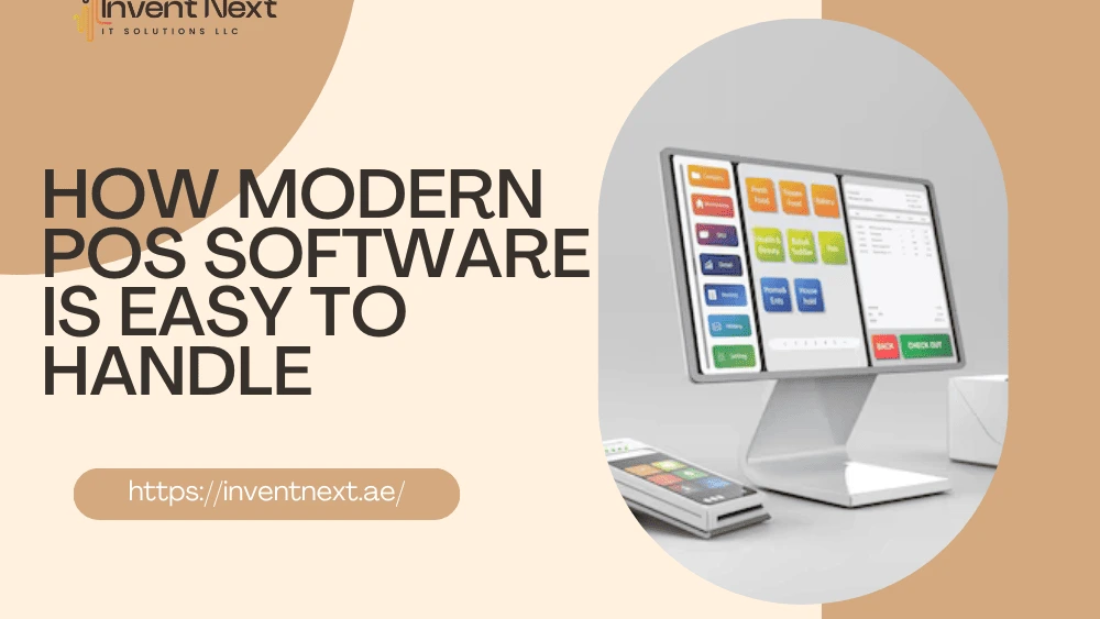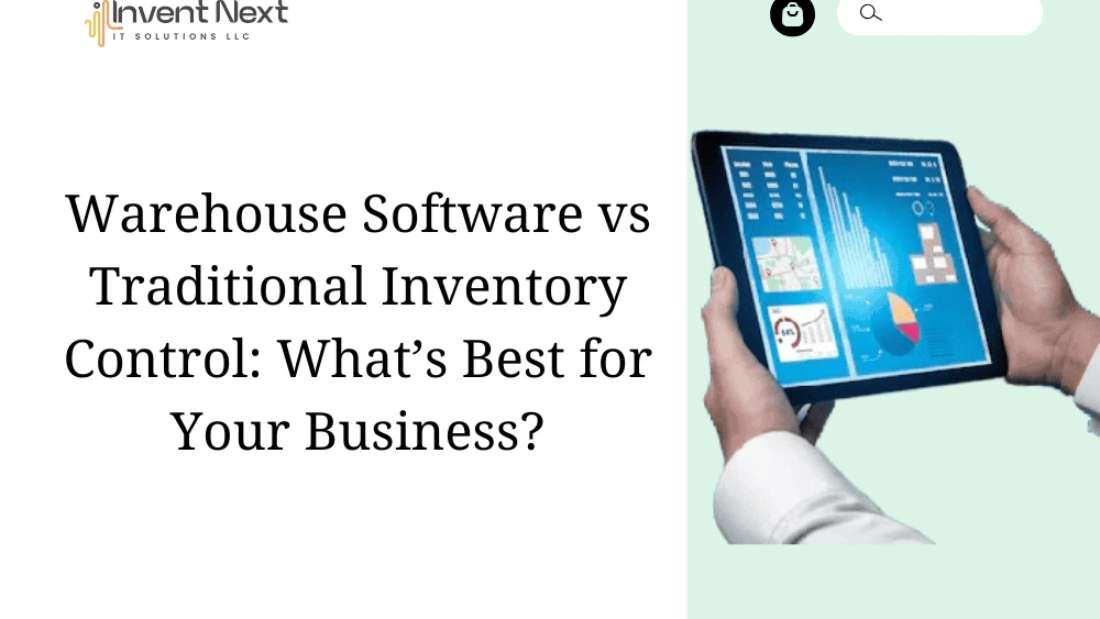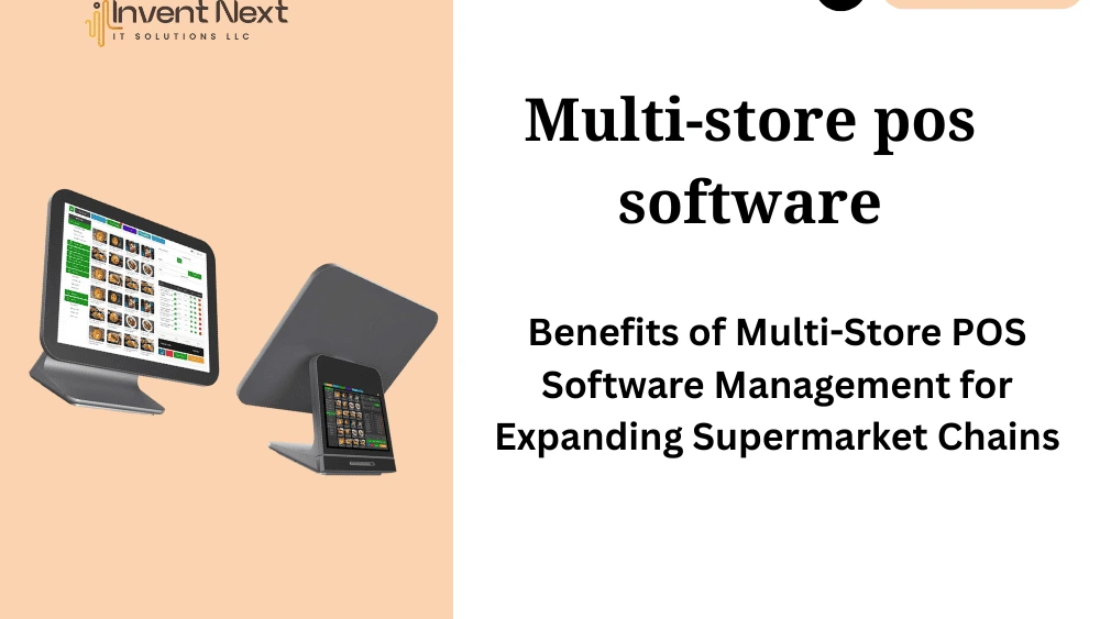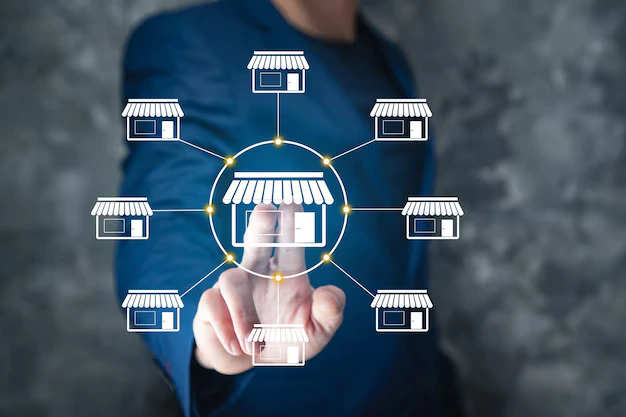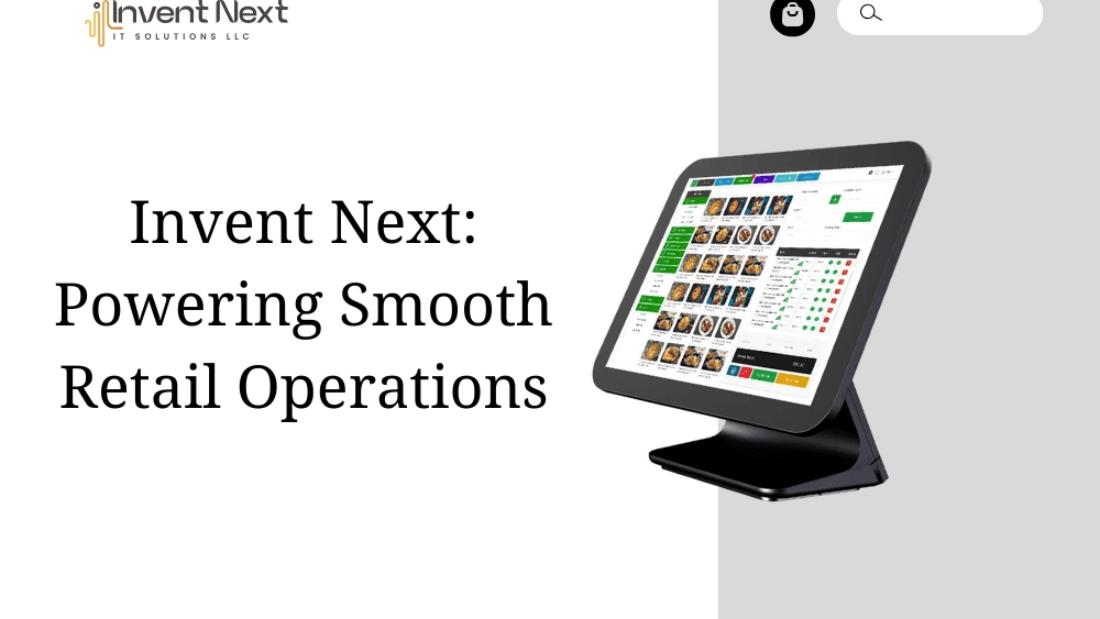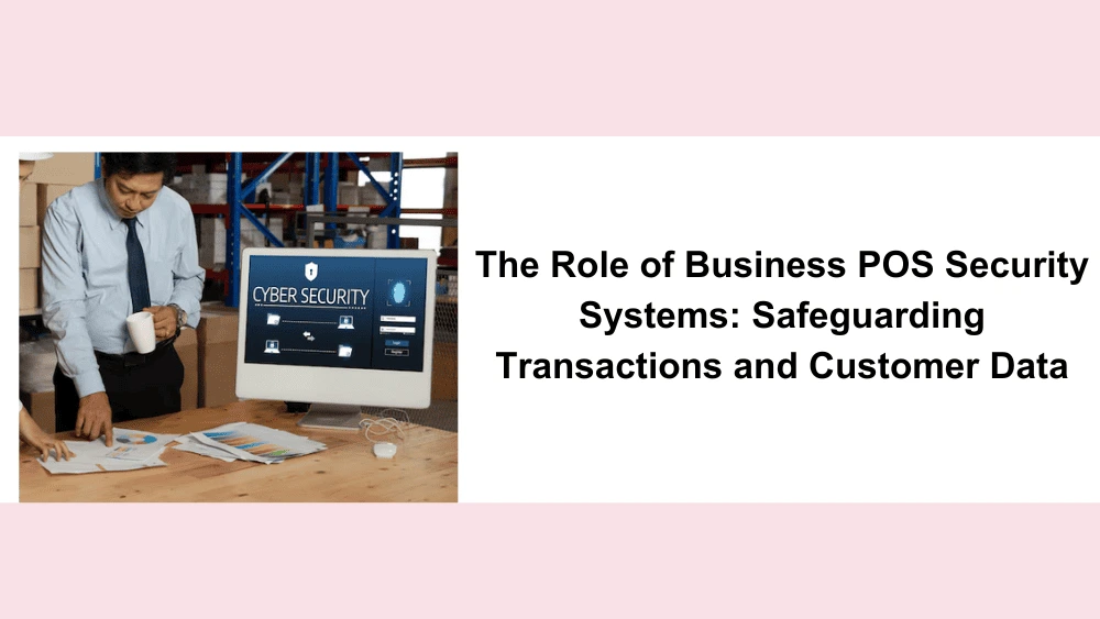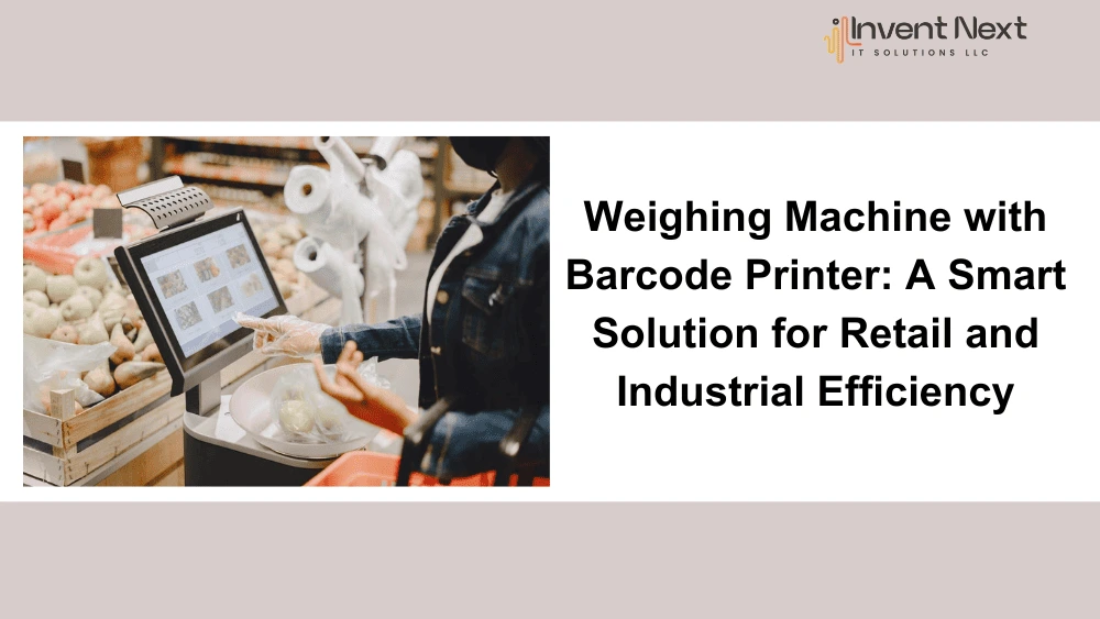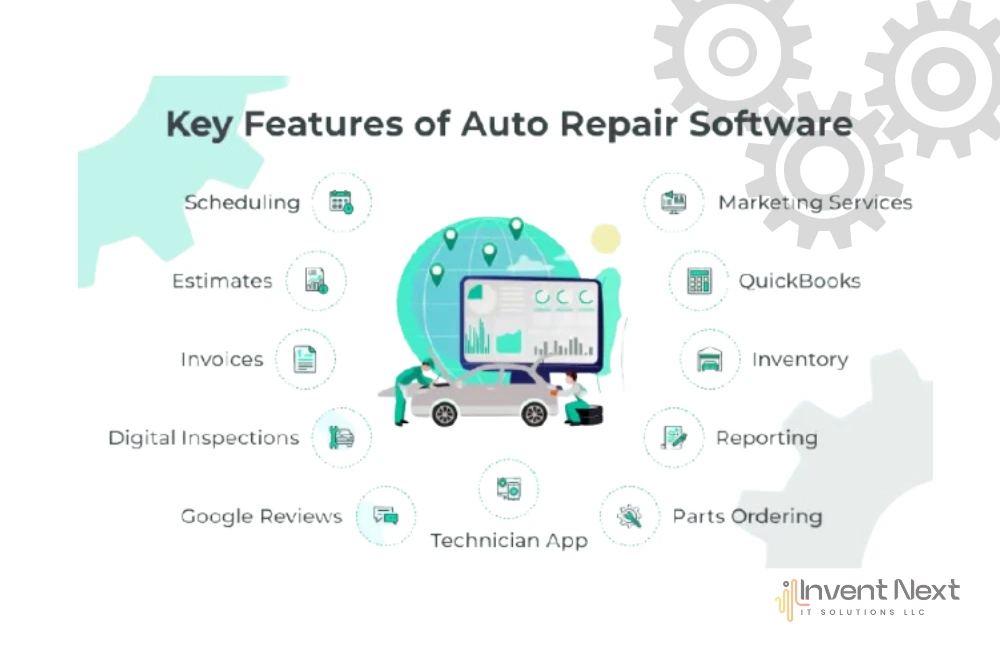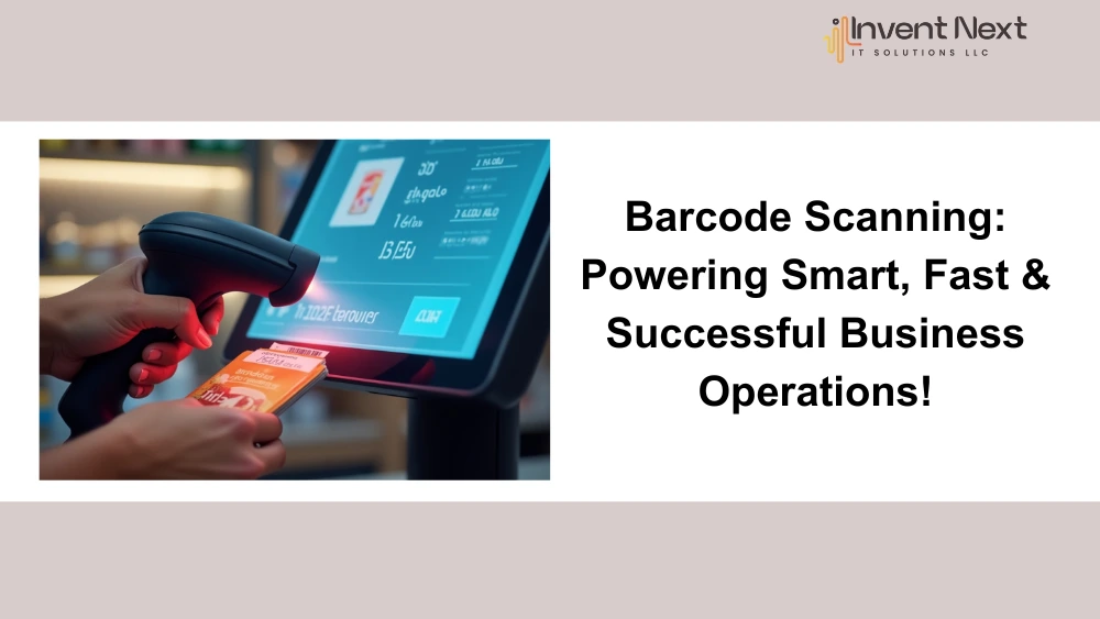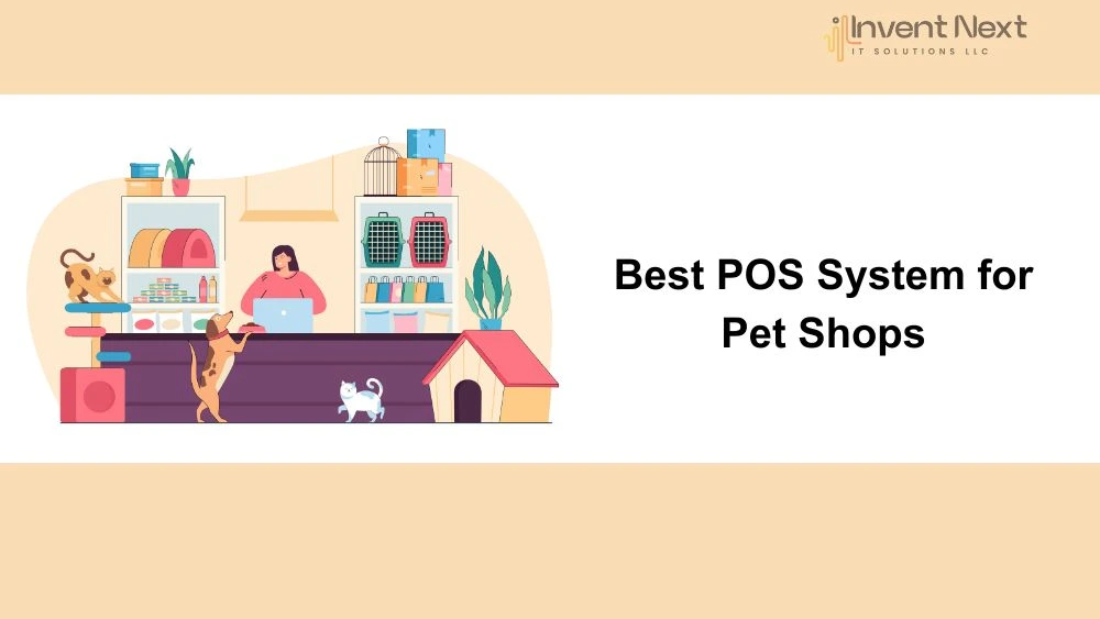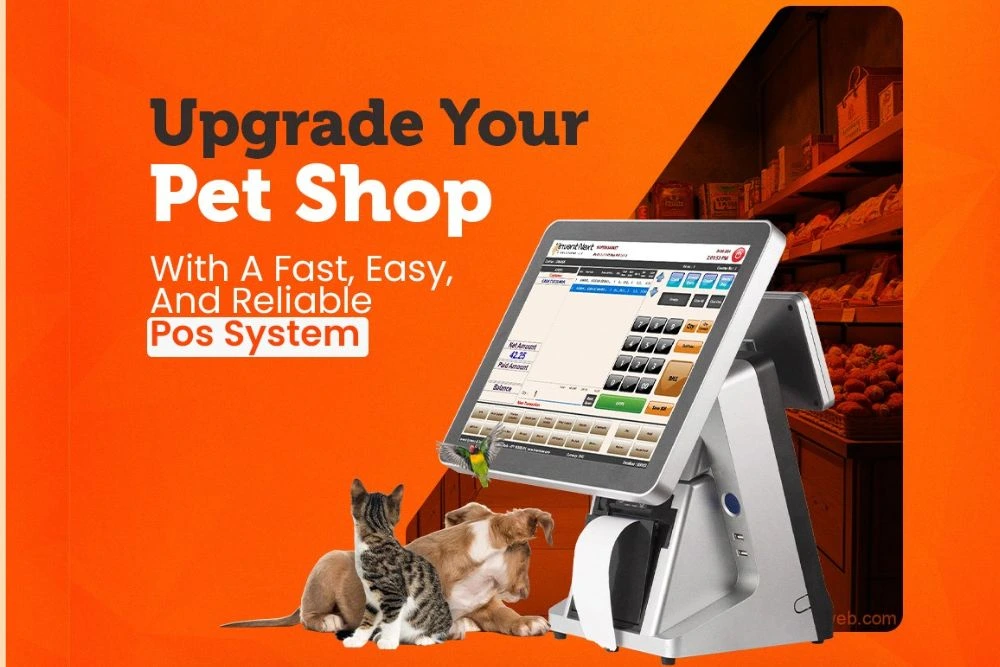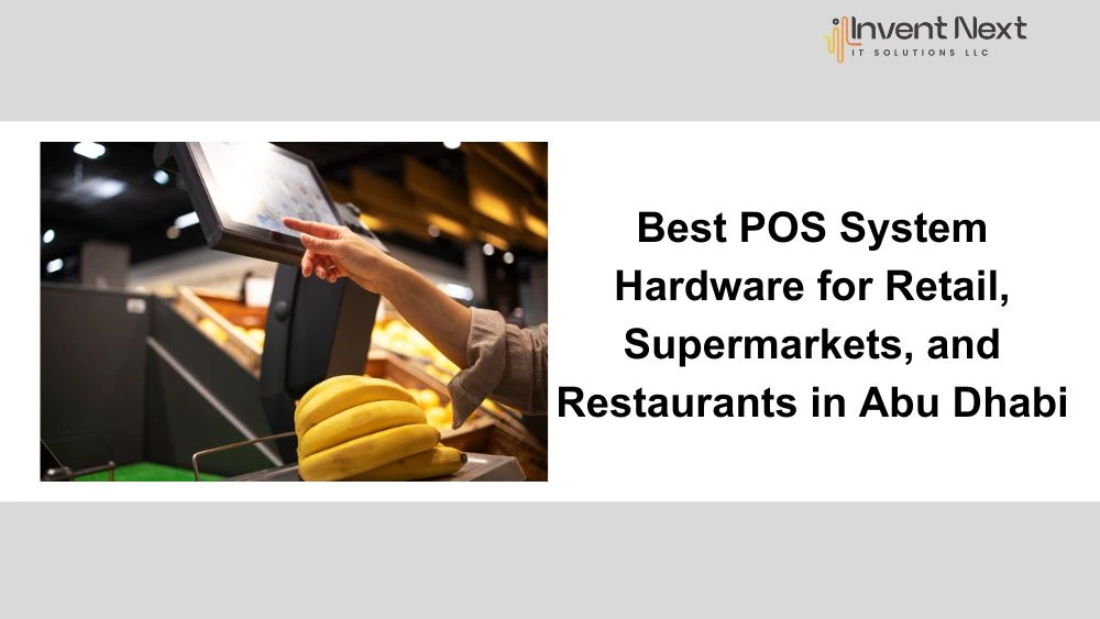Running a business today requires more than just selling products or services—it demands efficiency, accuracy, and a smooth operational flow. Point of Sale (POS) systems have become central to this transformation. With advances in technology, modern POS software has evolved to become remarkably easy to operate, even for people with minimal technical knowledge. Let’s explore why today’s POS systems are so user-friendly and how they can help streamline business operations.
Simplified User Experience
One of the main advantages of modern POS software is its intuitive design. These systems are built with the user in mind, offering clear menus, simple navigation, and easy-to-read dashboards. Touchscreen interfaces and guided actions make it straightforward for anyone to use the software without lengthy training.
This ease of use is especially helpful in fast-paced environments like supermarkets or restaurants, where staff need to process transactions quickly and accurately. A simplified system reduces errors, improves speed, and boosts confidence among employees.
Cloud-Based Accessibility
Modern POS systems are mostly cloud-based, which means they can be accessed from anywhere using a secure internet connection. This is a major advantage for business owners and managers who want to stay updated on daily activities without being physically present.
Cloud technology allows real-time syncing of sales, inventory, and customer data across multiple devices or locations. Whether you’re at the main store, a warehouse, or working remotely, you can track operations live and make informed decisions quickly.
Easy Integration with Other Tools
Another reason today’s POS systems are easy to manage is their ability to integrate with a range of other business tools. They can connect with inventory management platforms, customer loyalty systems, accounting software, and e-commerce websites.
This integrated approach minimizes the need for duplicate data entry and reduces the chances of errors. Business owners can handle everything from one place, saving time and simplifying daily processes.
Scalable for All Business Sizes
Modern POS software is highly adaptable and can grow with your business. Whether you’re running a small shop or managing a supermarket chain, the system can be customized to match your needs.
You can start with basic features and gradually add advanced tools like barcode scanning, employee management, or multi-location syncing. This flexibility means you don’t need to switch systems as your business expands, making it a practical long-term solution.
Smart Inventory Tracking
Keeping track of stock levels is one of the most challenging parts of running a store. Fortunately, POS software now includes built-in inventory management features. These tools help monitor stock in real-time, alert you when items are running low, and provide insights into sales trends.
With automated reports and tracking, store managers can make better decisions about restocking, pricing, and promotions. All of this can be done from the same POS dashboard, reducing the need for additional software.
Clear and Instant Reporting
Modern POS systems make it easy to access business data without technical know-how. Sales reports, customer trends, and performance analytics are available in visual formats like charts and tables.
These insights help store owners understand what’s working and what needs improvement. You can quickly review daily sales, best-selling products, and staff performance without hiring a data analyst or spending hours crunching numbers.
Mobile-Friendly Features
Today’s POS software is no longer tied to a counter. With mobile access via tablets or smartphones, businesses can process sales anywhere—in-store, at events, or even during deliveries.
This mobility allows staff to assist customers on the shop floor, improving service speed and satisfaction. For delivery services or curbside pickups, mobile POS tools make transactions fast and hassle-free.
Enhanced Customer Experience
Modern systems aren’t just for operations—they’re also designed to improve customer service. Features like digital receipts, loyalty rewards, and saved preferences make every visit more personalized.
When customers feel recognized and appreciated, they’re more likely to return. POS software makes it easy to track repeat visits and offer tailored promotions without extra effort.
Reliable Support and Ongoing Updates
Another benefit of modern POS platforms is the customer support they offer. Most companies provide user manuals, training videos, live chat, and phone assistance to help users solve issues quickly.
Frequent software updates are also delivered automatically, ensuring that your system stays secure, fast, and compatible with the latest tools and technologies.
Conclusion
Modern POS software is designed to be simple, flexible, and efficient. From cloud access and mobile functionality to smart reporting and easy integration, today’s systems eliminate the stress of business management. Whether you operate a supermarket, restaurant, or retail chain, a user-friendly POS system can save time, reduce mistakes, and enhance your daily operations.
If you’re considering upgrading your current setup, investing in advanced yet easy-to-handle POS software can be one of the smartest moves for your business’s future.
Discover how Trading Software Abu Dhabi is transforming the financial landscape with real-time data, automation, and secure trade execution. Whether you’re a seasoned investor or a newcomer, this advanced software offers intuitive tools for managing trades, analyzing markets, and making informed decisions. Optimized for speed and accuracy, trading software in Abu Dhabi is essential for thriving in today’s competitive trading environment.

